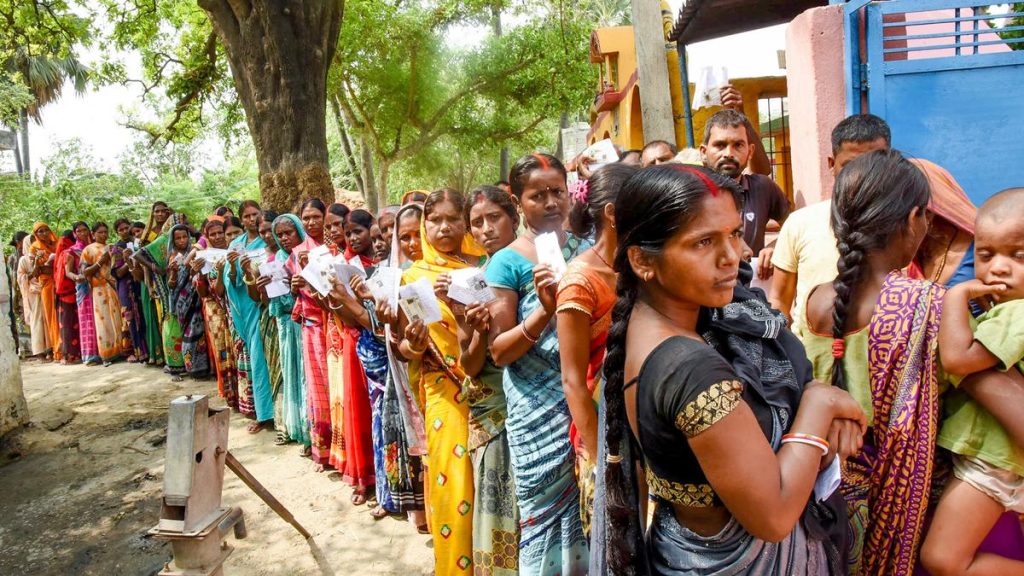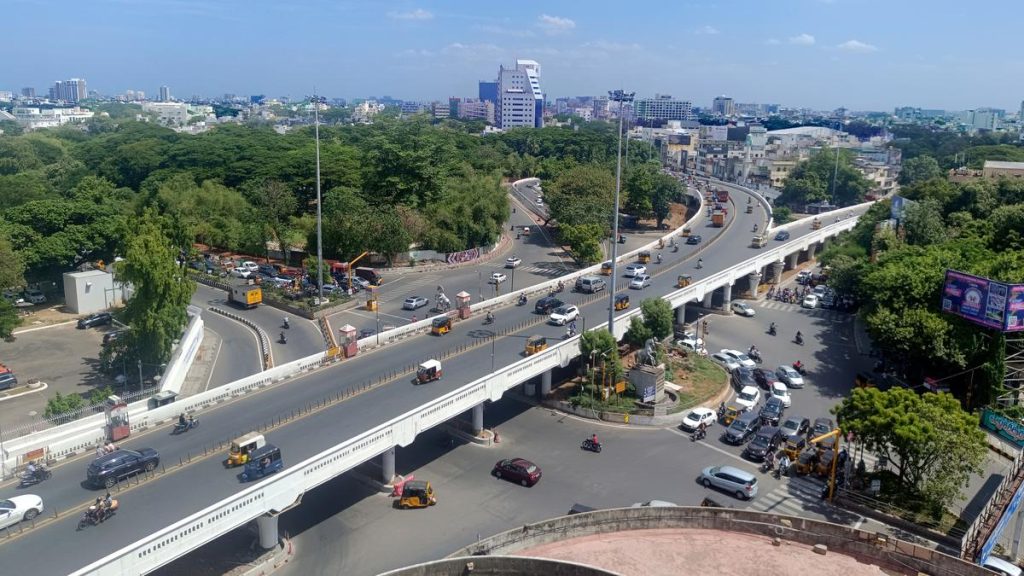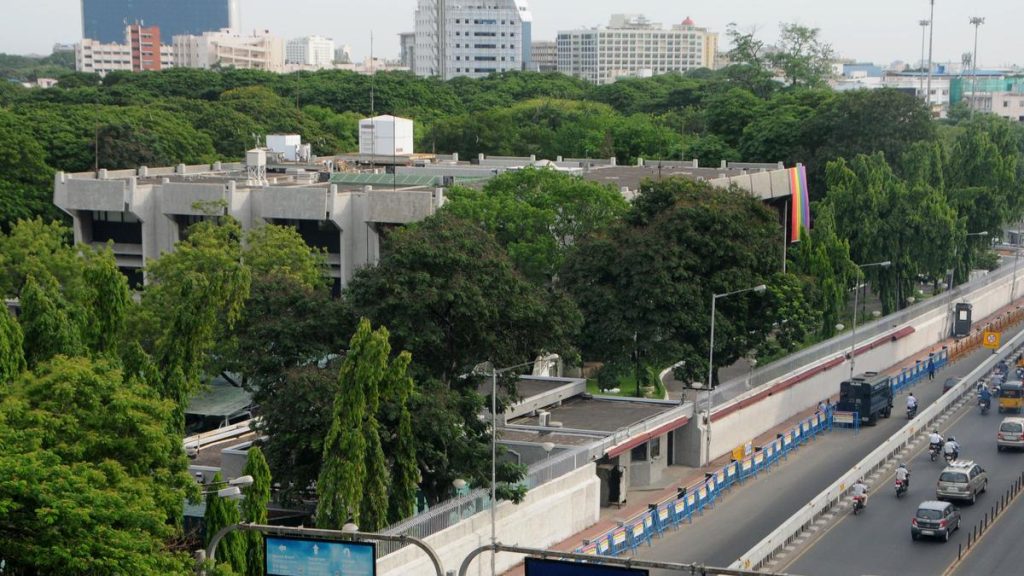Now Reading: Karnataka Assembly: BJP Questions Greater Bengaluru Authority as Bill Gets Approval
-
01
Karnataka Assembly: BJP Questions Greater Bengaluru Authority as Bill Gets Approval
Karnataka Assembly: BJP Questions Greater Bengaluru Authority as Bill Gets Approval

### Swift Summary
– Opposition BJP legislators in the Karnataka Legislative Assembly questioned the Greater Bengaluru Governance (Amendment) Bill, 2025, labeling it “undemocratic” and claiming it undermined decentralization by centralizing power under the Greater Bengaluru Authority (GBA), headed by the Chief Minister.
– The GBA controls five city corporations created from dividing Bengaluru Urban local governance.
– BJP members criticized this division as unconstitutional and claimed it disempowered local bodies led by Mayors.
– Concerns raised include:
– Revenue imbalances among civic bodies due to splitting into five corporations.
– Notices issued to 30,000 households for additional taxes without holding proper meetings with city MLAs regarding grievances (e.g.,e-Khata problems).- Denial of water/power connections for small buildings lacking occupancy certificates.
– Some assembly constituencies falling under multiple corporations causing confusion among residents.
– Deputy Chief Minister D.K.Shivakumar clarified that an amendment was needed post a recent court ruling rejecting a PIL against goverment control over city corporations, emphasizing that Mayors and councillors will retain constitutional powers over thier respective corporations.
—
### Indian Opinion Analysis
The criticism of the Greater Bengaluru Governance (amendment) Bill revolves around concerns about eroding decentralized governance structures in favor of more centralized oversight through the GBA. While proponents argue that reforms are critical to streamlining administrative efficiency across newly divided municipal regions, opponents-primarily from BJP-see this as detrimental to autonomy at grassroots levels.
The issues like taxation notices without consultations or unclear organizational boundaries further highlight implementation gaps wich could lead to public dissatisfaction amidst growing administrative complexity. High-revenue areas such as Mahadevapura contributing disproportionately also underline disparities in fiscal policy management among urban agencies, emerging directly from structural reforms.
Striking a balance between improved coordination under one authority while ensuring equitable growth remains key for broader acceptance. Continued engagement with stakeholders-the mayoral councils especially-may strengthen confidence in decentralization rather than perceived control shifts toward state leadership.
For read more:
























